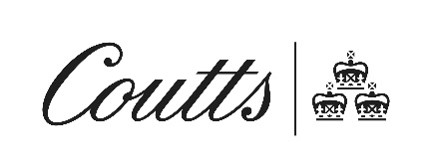Reports
Inflation On Luxury Goods Tumbles, But Still Sits Above UK Average - Coutts

Coutts Private Bank publishes its luxury price index findings biannually, and tracks £1 billion of client spending data across debit and credit cards, regular payments and cheques, tracking the price fluctuations of a basket of 132 luxury goods and services from across 12 categories.
According to the latest edition of the Coutts Luxury Price Index,
luxury goods inflation fell to 3.6 per cent in November from 6.2
per cent in May, which is still above the UK Consumer Prices
Index (CPI) at 3.1 per cent.
However, the index analysed a basket of 20 “festive”
goods likely to be popular over the coming weeks, including
classic diamond earrings, premium perfumes, high-end mobile
phones and luxury alcohol, and found inflation had risen to
7.2 per cent – double the current CPI.
According to Coutts,
the cost of luxury goods and services fell significantly over the
last six months because of the appreciated value of sterling over
the same period, which muted price increases in the UK as the
cost of imports dropped.
This contrasts to May when sterling slid and drove up the prices
of luxury items. In the 12 months to May this year, the pound
fell by 7.3 per cent against other major currencies largely due
to the European referendum result.
Festive Goods
Coutts found that high-end mobile phones are one of the main
drivers of its high inflation rate across festive items, with
prices up 36 per cent over the 12 months.
Luxury alcohol is another key factor, with scarcity and rarity
driving up costs by 31 per cent. Fine wines and whiskies are
a key driver in the festive basket, with champagne prices up
about 16 per cent year-on-year, which has been driven by
increasing demand from investors and consumers.
Also, premium tea prices are up 20 per cent.
“This index brings into sharp focus the need for wealthy
individuals to think carefully about how they can protect the
purchasing power of their wealth,” said Sven Balzer, senior
strategy manager at Coutts. “It shows that, although luxury
inflation has fallen sharply in the last six months, it still
remains well above the UK CPI. This sends a sharp message
to high net worth individuals – inflation on luxury goods and
services remains a material risk to their wealth as it continues
to erode the spending power of their cash. People who spend
extensively on luxury goods will experience different
inflationary pressures than those represented by the CPI and it
makes sense for them to think carefully about ways to protect the
value of their money.”